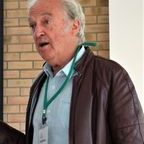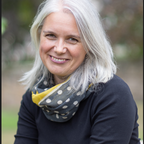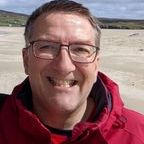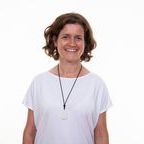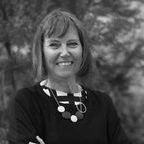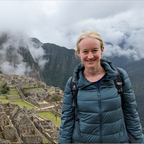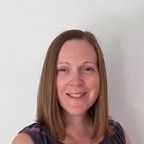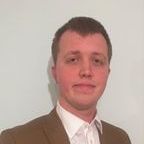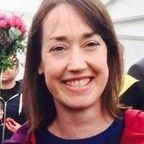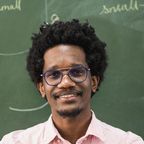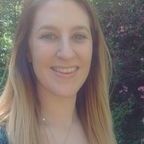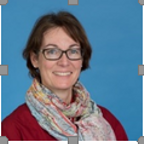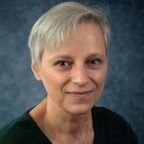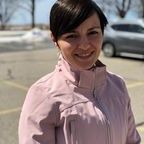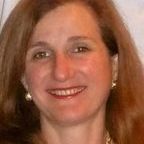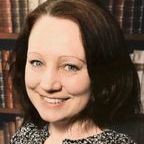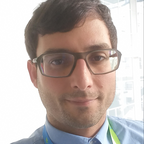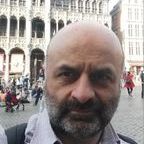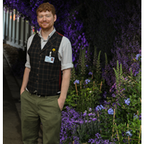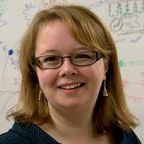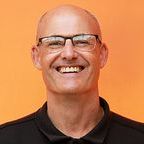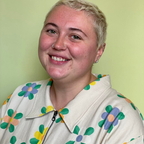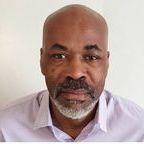Outreach, Education and Diversity
OED1 - Communicating and teaching ethical issues in Bioscience: Why, How, What
Session Length
1 day (Wednesday 5th July)
Session Description
The overall topic is Bioethics which relates to many of the areas of science in which SEB members are involved. We will examine the ethical challenges that arise in some areas of science with some emphasis on recent developments. A thread running through the day will be thinking about how we discuss and teach these issues, both with our students and with the wider public. (See also 'Introduction to Bioethics, Bryant and la Velle, 2nd edition, Wiley, 2018).
Session Aims & Objectives
To inform delegates of current issues in Bioethics
To facilitate engagement with and informed discussion of the issues.
To enable delegates to further develop their teaching about ethical issues and the presentation and discussion of these issues in outreach to a wider public.
OED2 - Outreach and PE
Session Length
1 half day (Thursday 6th (PM))
Session Description
Outreach and Public Engagement allow researchers of all stages within their careers to engage with local communities and disseminate their work. Initiatives to promote a two-way dialogue between researchers and locally affected communities can create a rich experience for those involved. Around the world, Universities and Higher Education Institutes can support initiatives for broader community engagement to reach diverse audiences. With improved transparency of research, learning, and teaching within these Institutes, barriers can be broken down, widening participation opportunities. Empowering ownership of projects within local communities can lead to increased participation and development of a researcher’s practice from local knowledge and understanding.
Session Aims & Objectives
This session aims to showcase community engagement projects, sharing best practices of recent initiatives across the Bioscience subjects. Time will be given to discuss topical issues such as how to improve trust in science and scientists and develop community partnerships. What are the barriers to developing and taking part in community engagement projects, and how can we move forward with initiatives.
OED3 - Teaching innovation and student engagement
Session Length
1 half day (Tuesday 4th July (PM)
Session Description
This interactive, half day session will be an opportunity to explore innovative ways of teaching and assessing biology students to support their engagement.
Dr Shane Austin (The University of the West Indies) will present a novel LEGO® Serious Play method for teaching cell biology to undergraduate students at his institution. He will then engage participants in an interactive session on designing a LEGO® Serious Play modelling one activity for their classroom.
Dr Claire Garden (Edinburgh Napier University) will facilitate an interactive workshop to explore what student engagement means for us as biology educators, sharing findings from her recent gamification research.
We will share ideas for ways to improve engagement through our biology teaching: Dr Claire Donald (University of Glasgow) will share a case study about the use of virtual reality in her teaching of the diagnostics of viral diseases and Dr Janis MacCallum (Edinburgh Napier University) will share her experience of using reflection activities to support deeper student engagement with skills development and allowing assessment of student engagement with a Skills Passport type approach.
Session Aims & Objectives
To explore innovative ways of teaching and assessing biology students to support their engagement. To discuss notions of student engagement and how we can support this as biology educator. To share and develop innovative, engaging teaching methods through interactive workshops, presentations and case studies. To showcase emerging research into the effectiveness of these methods.
OED4 - Getting started on educational research, getting published and output
Session Length
1 half day (Wednesday 5th July (AM))
Session Desciption
An increasing number of academics within the biosciences are developing an interest in educational research. This may be as a consequence of moving towards a teaching focused role and/or due to an interest in evidence-based teaching practice. Yet it can be difficult to know exactly where to start, as opportunities to conduct research in the field of Scholarship of Teaching and Learning (SoTL) to prepare early career researchers for such an endeavour are scarce. While educational and scientific research have much in common, there are some fundamental differences which can seem daunting for someone who is new to this area. This session aims to remove barriers to educational research by exploring the different stages of an educational research project, including planning, funding, ethical approval, methodology, and analysis.
Publishing the results of educational research is part of the evidence for scholarship and impact. But similar to starting research in this area, the process of publishing in the field of SoTL is often seen as difficult. Here, we will share tips on writing an educational research article and how to get published in a peer reviewed journal.
We will also explore the possibility of alternative outputs in the form of, for example, case studies, reflections, blog posts, websites or writing opposite editorial articles.
Session Aims & Objectives
This session aims to remove barriers to educational research and publishing for early career and established academics, by exploring the different stages of an educational research project, including planning, funding, ethical approval, methodology, analysis, as well as the writing process.
In this session we will explore the similarities and differences between scientific and educational research and publishing. We will discuss the various stages of an educational research project and share tips on writing an educational research article and how to get published in a peer reviewed journal.
We will also explore the possibility of alternative outputs in the form of, for example, case studies, reflections, blog posts, websites or writing opposite editorial articles. Lastly, we will discuss opportunities that some universities have in place for early career researchers and those interested in starting educational research, and where we could go next to support academics in this field.
OED5 - Transversal Skills in Experimental Biology: employability in industry and project management
Session Length
1 half day (Tuesday4 th July (AM))
Session Description
In academia, especially within the scientific fields, students direct their time mainly towards the development of very specific topics that are the focus of their master or doctoral theses. At the same time, professors and supervisors behave similarly in what concerns their own lines of investigation. This conduct, while potentially resulting in positive outcomes in research, can sometimes lead scholars to lose perspective and despair when considering alternative professions. This is especially true for those who discontinue due to lack of funding or no longer wish to follow an academic career. In the following session we want to overturn the myth that scientists are too highly specialized to access non-academic jobs, and give an overview of their potential professional prospects from a different angle. Focusing on the field of experimental biology, first we will identify transversal skills and the professional areas in which they can be applied. Afterwards, we will see real world examples of how educators can incorporate the teaching of these skills within the university curriculum. Lastly, we will have an invited talk on the necessity of a programmed regional education to build targeted skills demanded by emerging industry.
OED6 - Narrative C.V's
Session Length
30 minutes (Thursday 6th July (AM))
OED7 - Building for the future: fostering a diverse and inclusive biosciences community
Session Lenght
Half a day (Wednesday 5th JulyA.M )
Session Description
This session will focus on improving the diversity and inclusivity of the biosciences community with regard to researchers, students and educators. This will be of interest to research-focused colleagues as well as colleagues with more emphasis on the learning and teaching aspects of their roles. Alongside talks, the session will include small group-oriented workshops as an opportunity to share best practice and facilitate discussion of redressing any awarding gaps and impediments to research opportunities for under-represented groups.
Session Aims & Objectives
The session aims to encourage reflection on research and teaching practices, and to identify ways in which they could become more inclusive, diverse and equitable, through sharing best practice and small group discussion sessions.
The Centenary conference will take place at the Edinburgh International Conference Centre The Exchange, 150 Morrison St, Edinburgh EH3 8EE

Visit Scotland supporter of the Centenary conference

